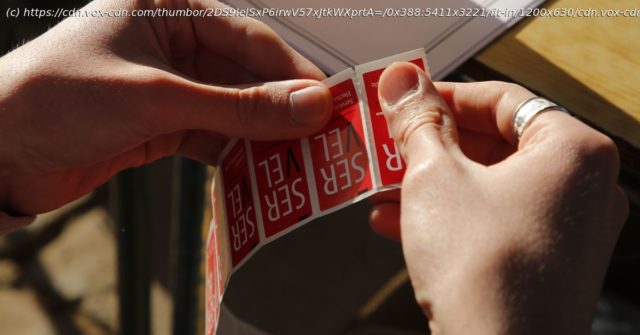The draft document would enshrine unprecedented rights — and discard a Pinochet-era framework.
Chileans are in the process of deciding whether or not to approve a historic new constitution which would enshrine new protections for Indigenous people and the environment, as well as the right to an abortion, universal health care, and restrictions on the country’s mining industry.
Chile’s present constitution is a holdover from the rule of Augusto Pinochet, the military leader who took over the country after overthrowing democratically elected socialist President Salvador Allende in 1973. That constitution, originally written in 1981, upholds the free-market policies which buoyed Chile’s economy. But according to opponents, it caused staggering inequality. That inequality, symbolized by a subway fare hike in the capital city of Santiago, ignited widespread protests in 2019; a year later, nearly 80 percent of the population voted to replace the constitution.
The vote is monumental in many ways; it’s a test of 36-year-old President Gabriel Boric’s leftist government, as well as of the constituent assembly, which wrote the new document. It’s also a reminder of the critical role that the plebiscite has played in Chile’s political history. And it could turn Chilean society from fairly conservative to one of Latin America’s most liberal should it pass. Chile’s new constitution would uproot the remnants of its brutal dictatorship
The call for a new constitution solidified during Chile’s 2019 mass protests, which took place across the nation starting in October of that year. Leftist student groups demanding systemic change and ordinary Chileans suffering from the country’s severe economic inequality gathered in the streets for months, defying government curfews and sometimes clashing with police.
Although Chile has been fairly stable and economically prosperous in the latter part of the 20th century, that prosperity hasn’t touched everyone equally. The country scores high on the Organization for Economic Cooperation and Development’s inequality index, and its employment rate has been persistently lower than in most other developed countries, as has its public spending on primary and secondary education, according to a 2021 economic report from the OECD.
The country’s student movement has long been a powerful force in Chilean politics, starting under Pinochet and continuing under subsequent civilian presidencies to subvert government attempts to restrict their rights to protest, as well as the state’s public-private education model, which former President Sebastián Piñera endorsed during his first term. Widespread protests in 2011 against this model, which students said reinforced inequality, were led mostly by university and graduate students — including now-president Boric.
Protesters back in 2011 called for the abolition of government subsidies for private schools and more funding for public education; the new constitution, if approved, would guarantee the right to free education, as well as housing and health care.
It’s also, in a sense, a repudiation of Pinochet’s legacy. Under his brutal regime from 1973 to 1990, no meaningful political opposition was allowed.






